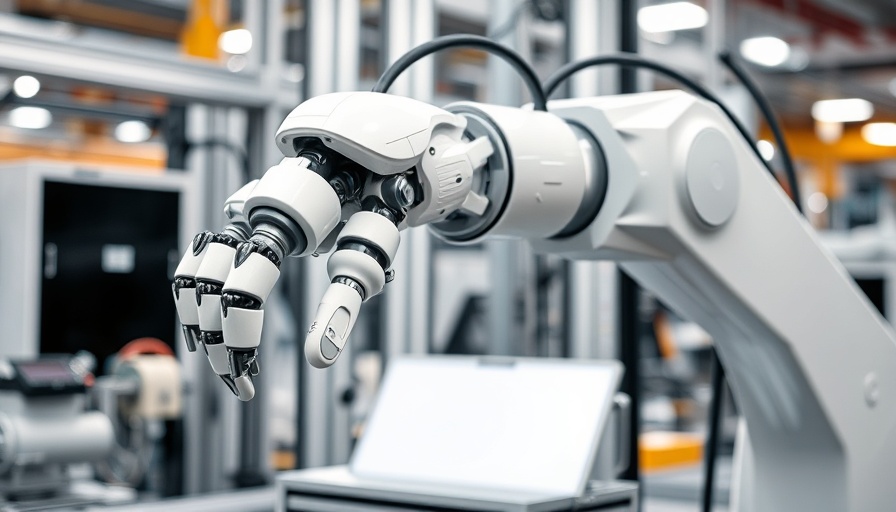
In the Realm of AI and Human Collaboration
In a groundbreaking partnership announced at the AWS Summit in New York City, Automation Anywhere has aligned with Amazon Web Services (AWS) to demonstrate the potential of human-agent collaboration, a fusion set to redefine how work is performed. By employing advanced artificial intelligence (AI) technology powered through AWS, Automation Anywhere aims to empower business users via process agents that seamlessly understand natural language and convert intent into action without requiring coding expertise.
The Evolution of Work: From Automation to Collaboration
As the world shifts towards more sophisticated technological solutions, the lines between human roles and machines are increasingly blurred. Historically, automation was seen primarily as a means to reduce human labor and increase efficiency. However, the emerging model of human-agent collaboration flips that narrative, promoting coexistence rather than replacement. In this new era, employees are not merely overseers of robust technological systems; they are collaborators, engaging in a partnership that enhances productivity and innovation.
Bridging the Gap: Natural Language Understanding
The integration of natural language processing (NLP) into AI agents is a game changer. Automation Anywhere's latest offerings allow users to interact with technologies in a more relatable manner, utilizing everyday language rather than complex programming codes. This ability can significantly bolster productivity, allowing employees to express their needs and intentions intuitively while the technology responds accurately and efficiently. Imagine the ease of being able to instruct an AI to manage schedules or analyze data—all through simple conversation. This transformation is vital in workplaces striving to become more agile and responsive.
Addressing Workplace Toxicity: AI as a Solution?
Workplace toxicity is a growing concern, often rooted in miscommunication and ineffective processes. As organizations grapple with employee burnout and dissatisfaction, the introduction of AI-enhanced workflows through Automation Anywhere may present a significant opportunity for positive change. By automating mundane tasks and enabling better communication through AI, businesses can foster a more harmonious work environment, allowing staff to focus on meaningful project work instead of repetitive tasks.
Future Predictions: The Workforce of Tomorrow
Looking ahead, the intersection of human input and AI is poised to create unprecedented job roles that emphasize creativity, emotional intelligence, and problem-solving. As operational tasks become increasingly handled by intelligent agents, human workers will find themselves pivoting towards roles that require a personal touch—whether in leadership, strategic planning, or customer engagement. The need for soft skills will only grow, ensuring that individuals can work not just alongside machines but also leverage them for greater human connection in the workplace.
Practical Steps for Implementation
Adopting AI-powered systems isn't merely a plug-and-play solution. Businesses must consider structural changes and employee training to maximize potential benefits. Here are some crucial steps organizations can adopt:
- Invest in Training: Ensuring employees are equipped with the skills to interact with AI tools effectively fosters confidence and innovation.
- Encourage Open Feedback: Regularly solicit feedback from workers about their experiences with AI tools to improve implementations and address any emerging challenges.
- Monitor Progress: Set clear metrics to assess productivity and workplace happiness to track the effectiveness of automation integration.
Conclusion: Embracing Change
The integration of Automation Anywhere's innovative AI solutions with AWS is merely a glimpse into the future of human-agent collaboration. As organizations embrace these advancements, they must also be mindful of the cultural and emotional dynamics within the workplace. Open dialogues about technology's role in enhancing job satisfaction are essential for a balanced future of work.
 Add Row
Add Row  Add
Add 




 Add Row
Add Row  Add
Add 

Write A Comment